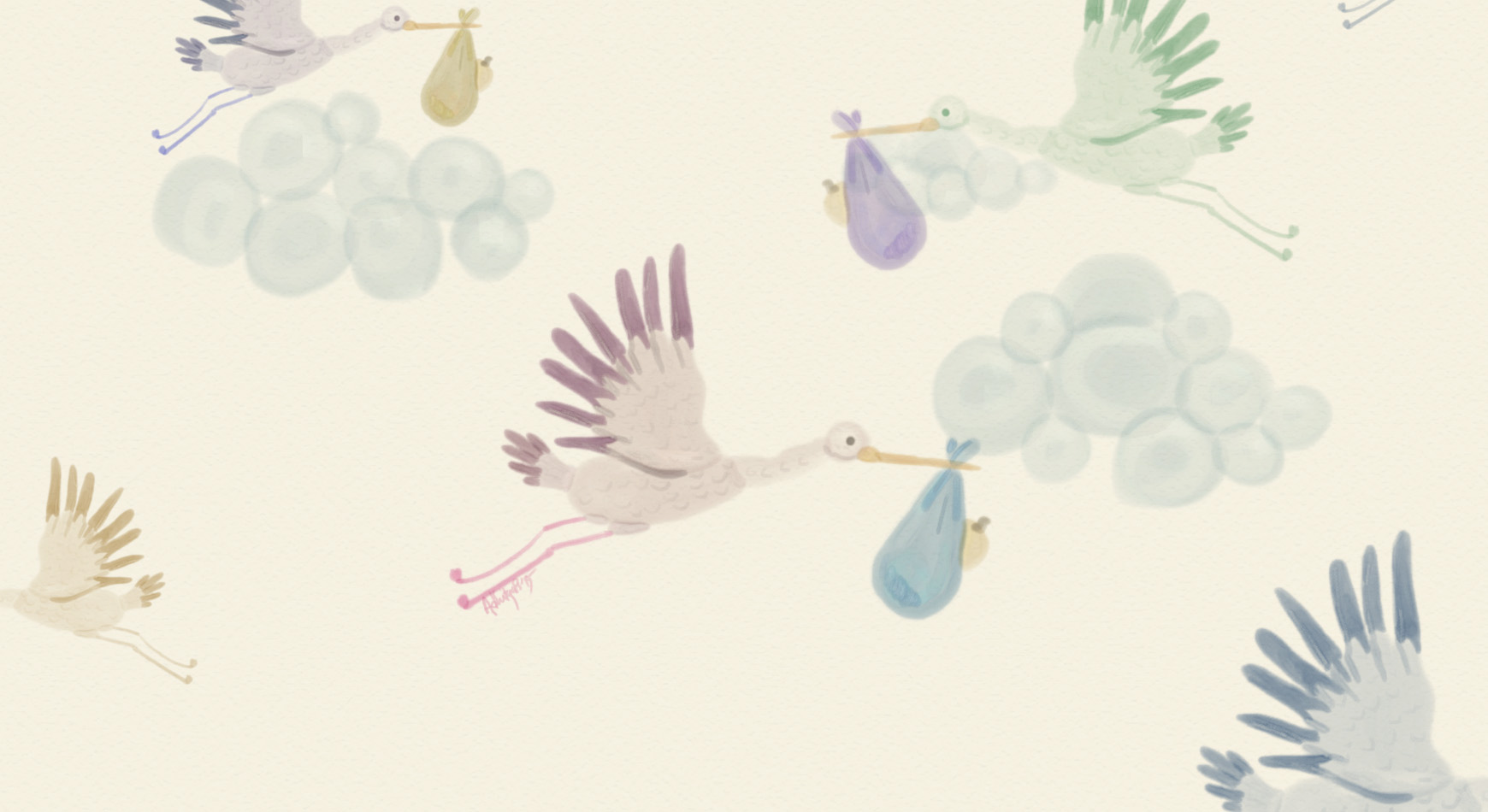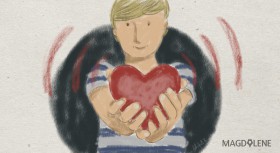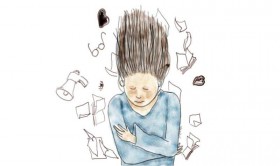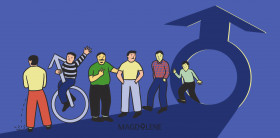One day, when I logged on to Facebook what I saw on my timeline were pictures of weddings, newlyweds going to honeymoon, and newborn babies. People in their mid-twenties, some fresh out of college, chatted about a perfectly staged pre-wedding, out-of-town vacations and countless photographs of toddlers. Congratulating each other made up most of the conversations along with the occasional religious expressions. Rather than inspiring, it actually felt more like a pressure, and it occurred to me that it had been going on for a while.
That was about ten years ago.
It was years after that I realized I was no longer among friends: I was in the society of “breeders”. “Breeders” is a term popularized by the lesbian, gay, bisexual, and transgender (LGBT) community to describe heterosexuals. There have since been varying definitions of “breeders”. The Wikipedia defines “breeders” as people who “have children, particularly for parents who purportedly over focus on their children and allegedly abandon their previous friends and lifestyle; or to women who give birth to many children, often with the derisive implication that they have too many offspring.” An Urban Dictionary submission defines “breeders” as people who are “so inept the only possible way they can contribute anything to society is to produce offspring.”
What I can conclude from the definitions is that “breeders” is a society that bases its order and structure on the act of breeding. Every aspect of our society is primarily made to sustain it. Government policies, for instance, have been focused on developing safeguards to sustain the population. These policies concern fields from education, health, to the workforce. The provincial government of Jakarta has introduced programs such as Kartu Jakarta Pintar (KJP) for education and Kartu Jakarta Sehat (KJS) for health. It is quite possibly an effort to anticipate the ever increasing population. It begs the question for how long, and for how many generations to come, these policies will continue.
The term “breeders” is considered derogatory because it likens child-bearing to animal husbandry. It depicts a cycle that is comparable to a cycle of cattle. The typical cycle goes from schooling to getting a job to getting married to having children. Especially for women, schooling and getting a job perhaps are even not as essential as getting married and having children. Sometimes we see comments expressing negativity such as “People like them can only breed!” It is as though we are aware that there is so much more to society than the act of breeding.
This leads us to the definition of heterosexuality. According to the American Psychological Association (APA), heterosexuality is an enduring pattern of emotional, romantic, and or sexual attractions to persons of the opposite sex. It also refers to a person's sense of identity based on those attractions, related behaviors, and membership in a community of others who share those attractions.
Notice the definition centers on “attraction”, and not “breeding”. The latter part of the definition also brings us to an understanding of identifying heterosexuality; to question the identification of heterosexuality is, then, to question the socialization in our society.
Through socialization in our society, we are presented through a cycle, a life cycle. The cycle is characterized by the act of breeding and the (gender) roles involved. It can occur through social learning (being rewarded for behavior appropriate to our sex and punished for inappropriate behavior); cognitive development (acquiring roles through awareness of our own sex and perceptions of behavior appropriate to our own sex); and identification (adopting roles through identification with a role model). Affirmed by culture and tradition, the cycle assigned our sexes into roles. It serves a purpose and the purpose is the biological succession of generation(s).
In the paper “Sociological Study on the Transformation of Fertility and Childbearing Concept in Iran”, Zohreh Behjati-Ardakani, Mehrdad Navabakhsh, and Seyed Hassan Hosseini looked into the work of the human mind and instinct, in which the concept of evolution and immortality is intermingled with reproductive power and childbearing. Thereby, the biological, psychological, and social success in life is contingent upon the reproductive power of individuals and the fulfillment of societies’ expectations. Even to this day, girls are being prepared for marriage so early, as early as their first menstrual period. Giving birth to as many children as possible is encouraged.
The current population of Indonesia is over 263 million based on the latest United Nations estimates. It is projected that by 2020, Indonesia’s population will reach over 271 million. With the median of about 28 years of age, the present generation is ripe to continue the centuries-old cycle. Issues concerning population may not be “felt” at the individual level. However, when the increasing population is disproportional to resources, inadequacies of resources occur in every aspect. It undoubtedly leads to various issues. Vast and extensive analyses in disciplines such as environmental studies, social and developmental studies, economic studies, and feminist studies have been called for regarding the issue.
As for me, I am, actually, heterosexual. I had the possibility of getting married and bear children at quite a young age, but it would not with somebody I love. I would be compromising my own sense of identity, my quest for fulfillment, and, ultimately, my happiness. Reflecting on it, I question if the life that has led me to experiences other than bearing children suggests that I am not aligned with the sexuality I identify with.
The life cycle can be seen as the succession of roles, and a certain order and predictability occur over time as we move through a given succession of roles. I am bound to a life cycle. We are all bound to a life cycle. The question is whether our values and norms, ever shifting as it may be, designate us to a constellation of roles that enrich us with greater wisdom, reflecting our essence as human beings.
Marisa Duma has written for The Jakarta Globe, Time Out Jakarta, Hang Out Jakarta, and Kemang Buzz. She is preparing for her magister studies in Sociology.








Comments